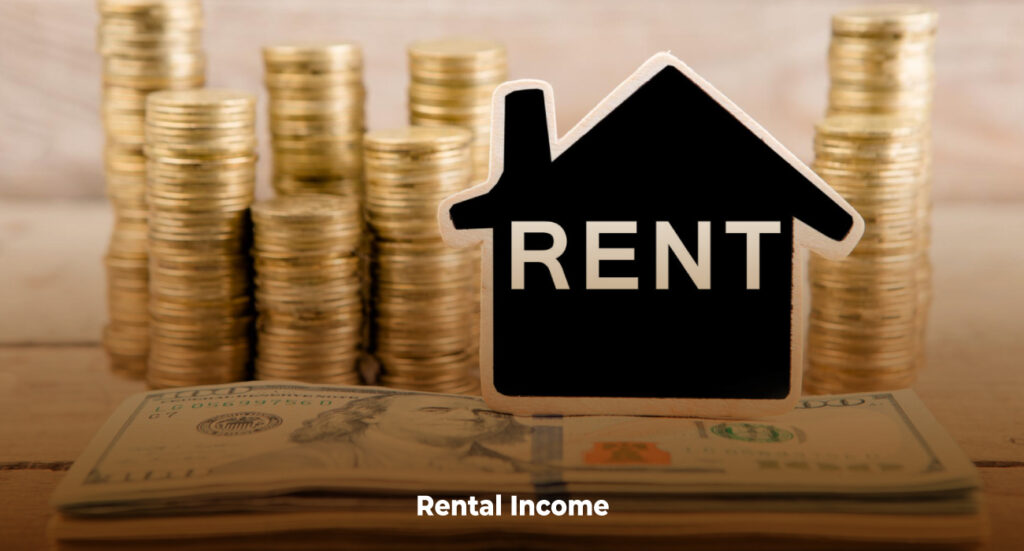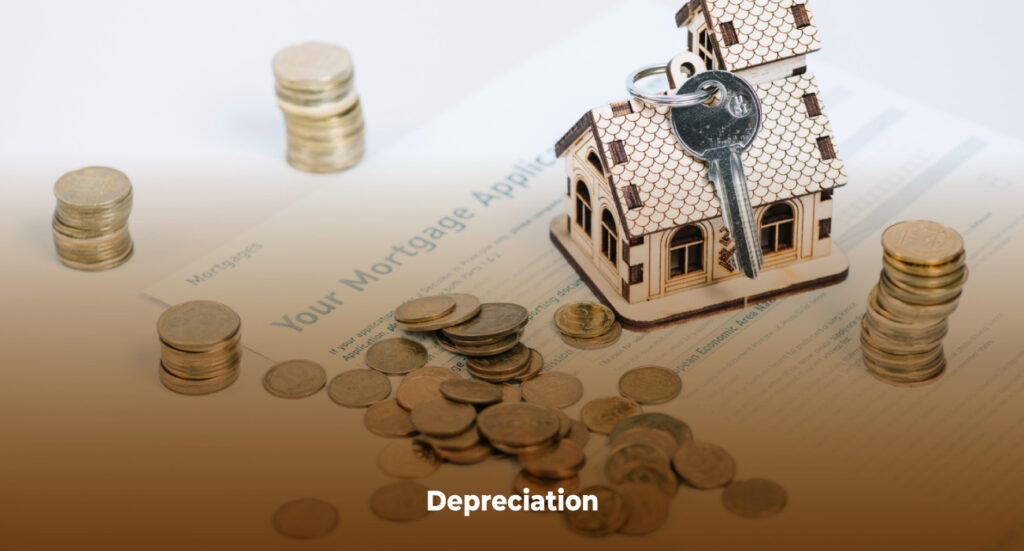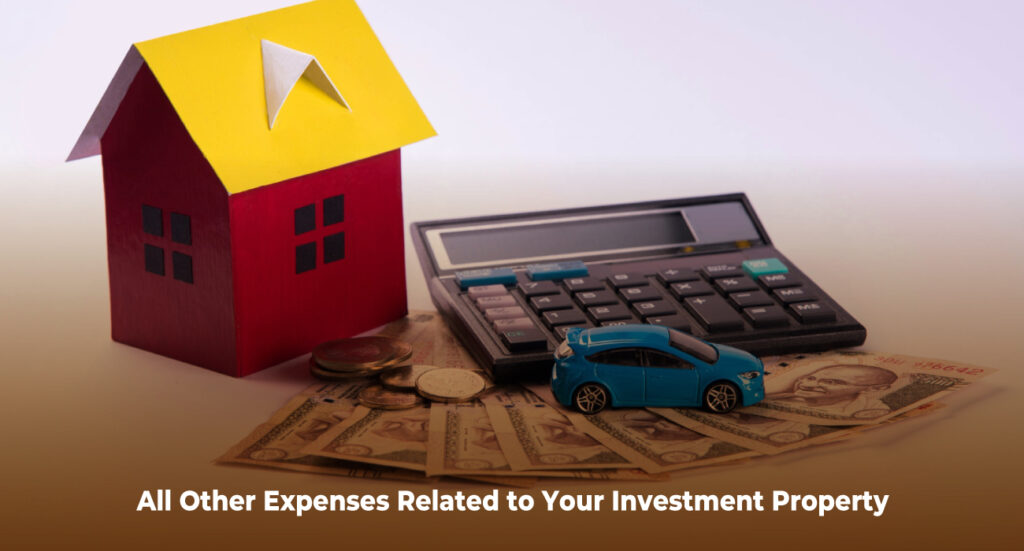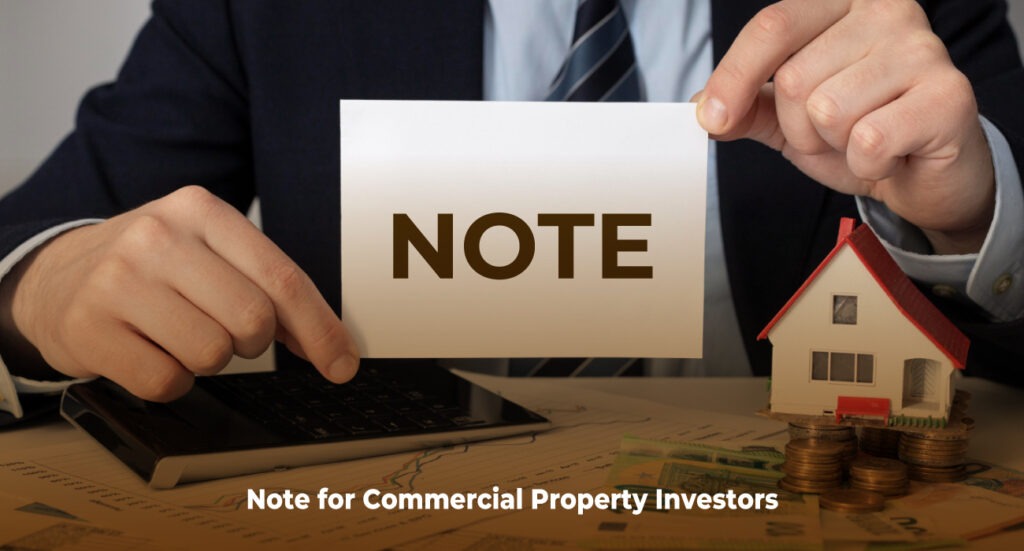2025 Tax Return Checklist for Property Investors
At Investax, we specialise in helping property investors claim every dollar they’re entitled to. Yet, year after year, we see a pattern: many clients either forget to provide key information or are surprised when we ask for certain details. Some even get annoyed by the number of questions we ask.
But here’s the truth: we’re not trying to make life difficult. We’re just trying to get the best possible outcome for you. The more complete your information, the more confident we can be that you’re not leaving money on the table.
If you’re a property investor preparing your 2025 tax return, this checklist is for you. Whether you have one rental or a portfolio of properties, this guide will help you stay organised and maximise your deductions.

Rental Income – Make Sure It’s All Reported
Reporting rental income correctly is the starting point for your tax return—it doesn’t matter whether your property is professionally managed or you’re handling it yourself, all income received must be included.
Start by gathering all rental income received during the financial year, including:
Property Managed by Real Estate Agent – Most property investors work with a real estate agent, and the good news is that agents generally provide an End-of-Financial-Year Statement. If you changed agents during the year, don’t forget to collect statements from both. It’s easy to overlook the first few months of rent if they were handled by a previous agent, especially if they didn’t send a final EOFY statement.
Manage the Property Yourself – If you’re self-managing your rental, it’s your responsibility to report all income received, including any cash payments, deposits, or upfront fees paid by tenants throughout the year. If you’re managing your own short-term rental through Airbnb, Stayz, or websites like Booking.com, make sure you report all income accurately—the ATO can data-match with these providers.
Insurance Payouts & One-Off Income – If you’ve received a payout from your landlord insurance policy to cover lost rent or tenant damage, this is considered income and must be declared. It’s often overlooked, but the ATO treats these payouts the same as rent received.
✅ Tip: If your property was vacant part of the year, make a note of the reason (e.g. repairs, seeking tenants). This helps justify periods of zero income.

Loan Statements – Interest Deduction is Not the Repayment
One of the biggest deductions available to property investors is the interest on your investment loan. However, many people mistakenly confuse interest with total loan repayments—which also include the principal component.
To support your claim—and in the event of an ATO review—you must keep a 12-month loan statement. Most banks now provide an end-of-financial-year summary showing the total interest paid from 1 July to 30 June. If your loan balance has increased from the original mortgage amount due to refinancing or redraws, you’ll need to apportion the interest between investment and personal use. Only the interest related to the investment portion is deductible.
✅ Tip: If you’ve redrawn from the loan for non-investment purposes (like a holiday or car), the interest needs to be apportioned. We can’t get this right without your full loan statement.

Repairs and Maintenance
Any genuine repairs or maintenance work done on your investment property is generally tax deductible in full in the year the expense was incurred. This includes costs for fixing damage caused by tenants, wear and tear, or restoring the property to its original condition.
If you’re using a tax agent to lodge your return, make sure you provide all invoices for repair and maintenance work. This allows your accountant to properly assess whether the expense qualifies as an immediate deduction or needs to be treated as a capital improvement.
If the invoice doesn’t clearly describe the work, it’s best to have a quick chat with your accountant to explain what was actually done. For example, replacing part of a fence is typically a repair, while replacing the entire fence may be treated as a capital improvement. Proper classification is important—it affects whether you get the deduction all at once or spread out over several years.
✅ Tip: Keep records of what was fixed, why it was required, and when it was done. The more context you provide, the more accurate your tax return will be.

Depreciation
Depreciation is one of the most valuable (and often overlooked) deductions available to property investors. These days, most investors engage a qualified quantity surveyor to prepare a depreciation schedule, especially when purchasing a newly built property or one that has been substantially renovated.
If you already have a depreciation report, make sure you provide a copy to your accountant well in advance of lodging your tax return. This ensures the claims are included correctly for both capital works deductions (e.g. building structure) and plant and equipment (e.g. appliances, hot water systems, carpets, blinds).
If you’ve purchased any new assets during the year—like a new dishwasher, air conditioner, or hot water unit—let your accountant know. These may be claimed separately under the instant asset write-off or depreciated over time, depending on the value and type of asset.
✅ Tip: The cost of a depreciation report is tax deductible, and once prepared, it can deliver thousands in deductions over the life of the property.

All Other Expenses Related to Your Investment Property
Property investors can claim a range of ongoing expenses associated with owning and managing their rental property. To ensure you’re not missing any valuable deductions, here are some of the most common:
- Council Rates – Claim all four quarters if the property was rented or genuinely available for rent during the financial year.
- Water Rates – Similarly, all four quarterly water bills are deductible if the property was available for rent.
- Strata Levies – For apartments, villas, or townhouses, regular strata levies are deductible. If a special levy was paid, check whether it relates to repairs (deductible) or capital improvements (capitalised).
- Insurance – Landlord insurance and building insurance are fully deductible. If the property is furnished, contents insurance can also be claimed.
- Property Management & Advertising Costs – Property management fees, letting fees, lease renewal fees, and advertising costs to find a tenant are all deductible. If you changed agents during the year, ensure you gather statements from all agencies involved.
- Land Tax – If applicable in your state or territory
- Bank Fees – Monthly loan account keeping fees
- Legal Expenses – Related to tenancy disputes or evictions
- Stationery, Postage & Subscriptions – If directly related to managing your rental
✅ Tip: Special strata levy for capital works are not immediately deductible—they may be claimable over time via capital works depreciation.

Note for Commercial Property Investors
If you own a commercial investment property, some tax rules differ from residential property. For example, travel expenses to inspect, maintain, or collect rent from your commercial property are still tax deductible—unlike residential properties, where these deductions were removed from 1 July 2017.
Additionally, commercial properties are not affected by the restrictions on second-hand plant and equipment. This means if you purchase a used commercial property with existing fittings—like air conditioning units, lighting, or shelving—you can still claim depreciation on those assets.
✅ Tip: If your commercial tenant contributes to capital improvements or pays for fit-outs, let your accountant know—there may be GST, income, or depreciation implications depending on the arrangement.
Final Tip & Conclusion
The key to maximising your tax return as a property investor isn’t just about knowing what to claim—it’s about keeping your records organised and giving your accountant the full picture. The more accurate and complete your information, the better the result. If you’re ever unsure whether an expense is deductible, ask early—it’s always easier (and more tax-effective) to plan ahead than to fix mistakes later.
At Investax, we don’t just process tax returns—we help property investors build long-term wealth through smart tax strategies and proper structure. An accounting fee paid to a good accountant should be seen as an investment—not a cost. Especially when that fee is 100% tax deductible, it makes sense to work with someone who understands the complexity of property tax.
If your current accountant isn’t experienced in investment property matters, maybe it’s time to give Investax a go.
General Advice Warning
The material on this page and on this website has been prepared for general information purposes only and not as specific advice to any particular person. Any advice contained on this page and on this website is General Advice and does not take into account any person’s particular investment objectives, financial situation and particular needs.
Before making an investment decision based on this advice you should consider, with or without the assistance of a securities adviser, whether it is appropriate to your particular investment needs, objectives and financial circumstances. In addition, the examples provided on this page and on this website are for illustrative purposes only.
Although every effort has been made to verify the accuracy of the information contained on this page and on our website, Investax Group, its officers, representatives, employees and agents disclaim all liability [except for any liability which by law cannot be excluded), for any error, inaccuracy in, or omission from the information contained in this website or any loss or damage suffered by any person directly or indirectly through relying on this information.





